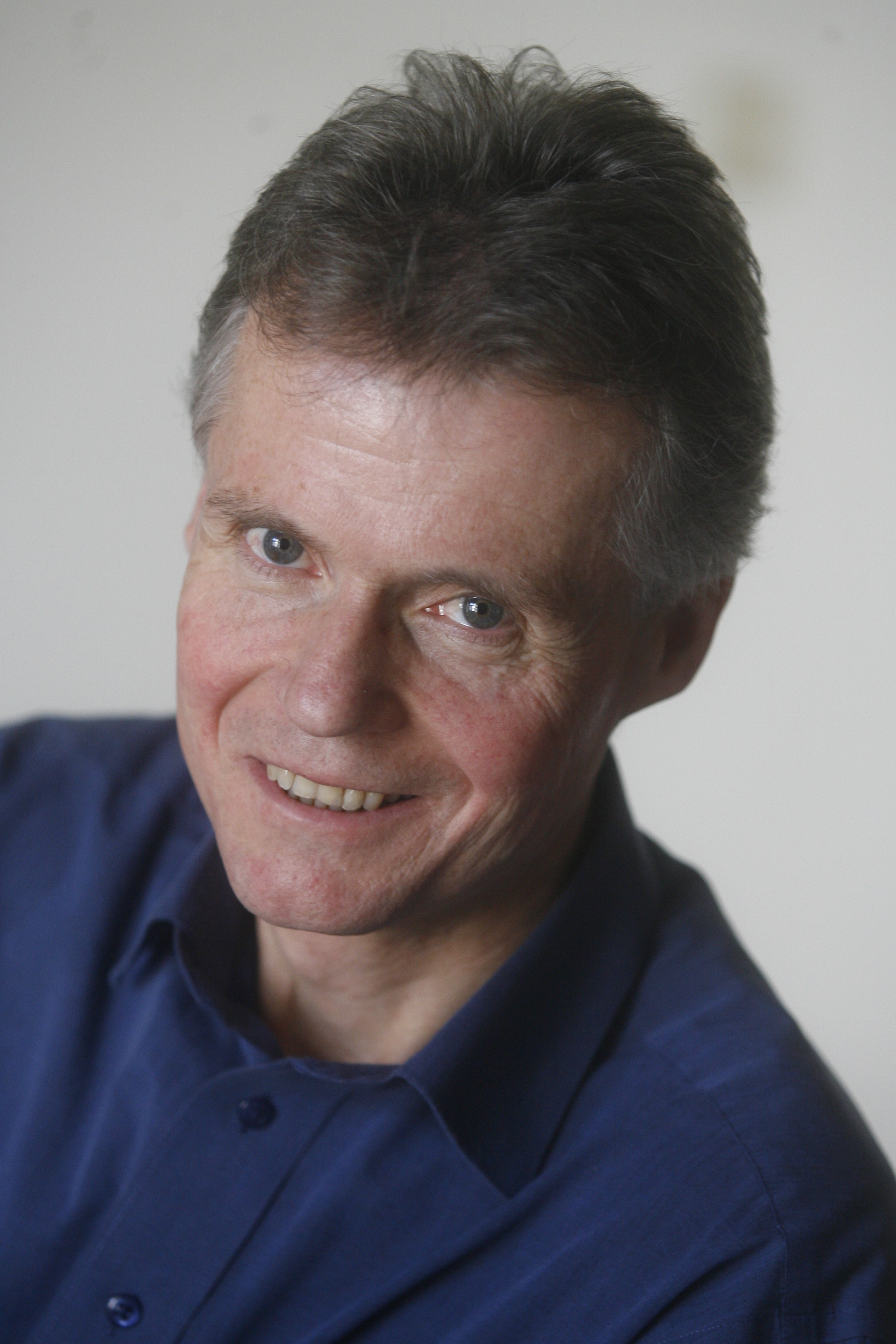At its 50th meeting on 23 February 2011 in Vienna, Austria, the IUFRO Board unanimously approved of Dr. Michael Kleine’s nomination as new IUFRO Deputy Executive Director. In the following interview Dr. Kleine will outline, among other things, the future orientation and coordination of programs, projects and initiatives.
Dr. Kleine, could you, first of all, give a brief account of your professional career?
I graduated in forestry from the University of Natural Resources and Life Sciences (BOKU), Vienna, Austria, and obtained a doctoral degree and habilitation from the same university. Over the past 25 years, my work has focused on forest management issues under conditions ranging from central Europe through seasonal Asia into perhumid South East Asia. My work included residential assignments in Pakistan and Malaysia for more than 12 years and short-term projects in many other countries in Asia.
After my return to Austria, I have been working as a free-lance forestry consultant and I teach Project Management in Development Cooperation to MSc students of the Mountain Forestry Course at BOKU. Since September 2001 I have been in charge of IUFRO’s Special Programme for Developing Countries (IUFRO-SPDC).
In your time as SPDC Coordinator, what would you consider as major achievements of SPDC up to now?
SPDC is IUFRO’s “oldest” programme; it started in 1983. Over the years SPDC has changed from a mere travel support scheme for scientists to attend IUFRO scientific meetings, to a much broader capacity development program involving training workshops, thematic networking activities and support to institutional partner networks in Africa, Asia and Latin America.
Major highlights of SPDC over the past 10 years include assistance to establishing the Forestry Research Network of Sub-Saharan Africa; development of training modules such as science-policy interfacing and communicating forest research and their implementation in cooperation with partner networks (APAFRI, CATIE); and the organization of larger pre-congress training events in conjunction with IUFRO World Congresses. With the consolidation of donor support to IUFRO-SPDC, currently every year a total of 100 scientists benefit from the programme.
What will be your main tasks as Deputy Executive Director?
Besides the duties of a Deputy Executive Director as described in the IUFRO Statutes and Internal Regulations, such as acting on behalf of the IUFRO Executive Director under certain circumstances as well as representing IUFRO vis-à-vis other bodies and third parties on behalf of the President and/or Executive Director, I will be responsible for IUFRO’s Special Programmes, Projects and Initiatives. This task involves facilitation, coordination and management of all IUFRO projects that are funded through IUFRO Headquarters including IUFRO’s newly established Science-Policy Programme. In addition, I will also assist the Executive Director and the Development Officer in fundraising and acquisition of new projects.
What is the guiding principle behind this new “Science – Policy Programme”?
The Science-Policy Programme is a mechanism for the IUFRO scientists to provide latest scientific knowledge on topics that are relevant for global and regional policy making. Interdisciplinary Task Forces on broad themes such as forests and climate change, forests and water interactions, bioenergy or forests for people, have been formed to bring together knowledge and expertise from IUFRO’s global network and produce various types of output such as policy briefs, summaries for decision-makers, strategic documents etc., targeted at specific audiences at policy and decision-making levels. This program will make IUFRO research more visible and, thus, contribute to more informed decision making.
How will the continuity of the existing IUFRO Programmes, Projects and Initiatives be guaranteed?
All existing programs and projects play important roles in providing services to the IUFRO network. This includes support to forest scientists in developing countries (IUFRO-SPDC), information management and sharing (GFIS) as well as synthesis on policy issues provided by GFEP and WFSE.
With the current partnership agreements (e.g. Government of Finland and US Forest Service) and renewed efforts to mobilize additional funding for the new task forces it is expected that existing programs and projects will be strengthened. In this way, they will be able to play their role of supporting the members of the IUFRO network even better.
What do you hope to have achieved by 2014 when the next IUFRO World Congress will take place in Salt Lake City, USA?
I expect that the new Task Forces will get the necessary resources to produce the anticipated output that will be useful for global and regional policy making. I would like to see them as an attractive mechanism for IUFRO scientists to increase the impact and visibility of their research.
Of course, I also hope that the support to forest scientists from developing countries can be continued with at least 100 scientists benefiting every year, and that regional partner research networks such as FORNESSA, APAFRI and CATIE will be strengthened.
—
The interview was published in IUFRO News 3/2011 at http://www.iufro.org/publications/news/electronic-news/io-news-1103/.


Leave a Reply